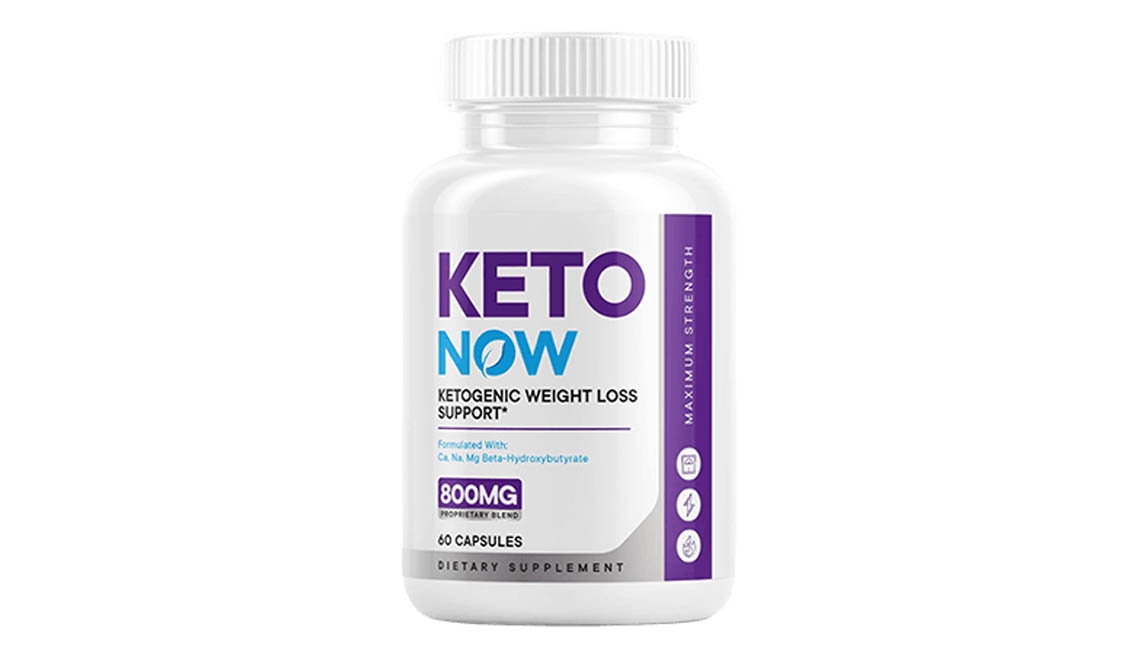
Should you make the switch to HiPP or Holle organic formula for your baby?
Parents looking for healthy, nutritious baby formulas that satisfy little tummies have more options than ever before. There’s no need to settle for whatever brand of formula is sold at your closest grocery store. Parents can now truly find the best baby formula in the world!
Why It Might Be Time to Switch to European Baby Formula
When looking for EU certified-organic baby formulas, you’re likely to stumble on two specific brands that parents around the world trust. All new parents searching for clean, healthy baby formula quickly learn that HiPP and Holle Formula are the two names to know for ultra-clean, ultra-healthy organic baby formula. You may have gotten at least that far in your search before getting a little stuck over which one is right for your baby.
First, it’s helpful to know why these two formula brands have become so popular in North America. Why are so many customers in America choosing organic baby formula and organic baby food from Europe? Here’s a rundown on why so many parents are making the switch away from popular American formulas:
- The “organic” formula companies in the United States are owned by major brands that also deal in pharmaceuticals and chemicals. “Natural” brands are usually just rebranded to look like independent brands. As a result, choosing a brand is more about marketing than nutritional content.
- The EU has tighter restrictions on food labeling and additives. In fact, the EU bans many additives and drugs widely used in foods sold in the United States today.
- Organic baby formula HiPP varieties and organic baby formula Holle varieties come in specialized formulas that allow parents to address particular nutritional or allergy-related needs!
- Free from the tight restrictions of the EU, American formula brands are motivated to create the cheapest formulas possible that still meet the Food and Drug Administration (FDA) guidelines. Your baby deserves better!
While American parents switching to Holle and HiPP may feel like they are trying a “new” option, the two brands have been around for a combined total of more than 200 years! Founded in 1899 in Germany, HiPP continues to be the formula brand many parents throughout Europe and the rest of the world trust. Founded in the 1930s in Switzerland, Holle is a premium brand that makes healthy, tasty nutrition so easy for parents throughout Europe and the rest of the world.
Comparing HiPP and Hole: Here’s What the Two Brands Have in Common
First, HiPP and Holle both carry the “certified organic” label from the European Commission. This is the European equivalent of the FDA with even stricter, more precise guidelines. That means you’re getting peace of mind regardless of which of the two you ultimately choose for your baby! All products labeled certified organic are free of GMOs and hormones with a minimum of 95 percent organic ingredients. Organic doesn’t just cover how products are processed. For formulas, even the diets fed to goats and cows are 100-percent organic! Next, discover some of the nutritional differences between HiPP and Holle with a quick side-by-side rundown.
The Basics on HiPP: A Top Pick for Allergy Concerns and Sensitive Tummies
- Very closely replicates protein ratios found in human breast milk.
- All HiPP formulas are prebiotics.
- Whey-based nutrition is used in most formulas other than the hypoallergenic varieties that use protein hydrolysates.
- All formulas are lactose-based except for anti-reflux formulas containing maltodextrin. Lactose is essential for babies because it provides energy to support body and brain growth! It also helps babies to absorb the nutrients they’re taking in better! A perk of choosing an EU-certified baby formula is that the EU requires 30 percent of all carbohydrates in baby formula to be from lactose. No equivalent requirement exists from the FDA.
- Early-stage formulas use ARA and DHA derived from fish oil. These are critical brain-health boosters for babies!
- Advanced formulas use ARA derived from fish oil.
- No GMOs, pesticides, herbicides, hormones or synthetic ingredients.
- All HiPP formulas are wheat-free and gluten-free.
- Many HiPP formulas are soy-free and peanut-free.
- Offers anti-reflux, hypoallergenic and combiotic options.
- Free of corn syrup, rice syrup, table sugar, glucose syrup and sweeteners.
- While most HiPP products are certified organic, a few of the specialty formulas are not certified even though they contain mostly organic ingredients.
The Basics of Holle: Best for High-Quality, Simple Cow and Goat Options
- Very closely replicates protein ratios found in human breast milk.
- No prebiotics or probiotics in any formulas.
- Cow-based formula uses DHA derived from fish oil. This is an essential brain-health booster for babies!
- Goat-based formulas use DHA derived from algae.
- Offers a goat-milk formula for those with cow-milk sensitivities.
- All Holle formulas use either lactose or a combination of lactose and maltodextrin. Lactose is vital for babies because it provides energy to support body and brain growth! It also helps babies to absorb the nutrients they’re taking in better! A perk of choosing an EU-certified baby formula is that the EU requires 30 percent of all carbohydrates in baby formula to be from lactose. No equivalent requirement exists from the FDA.
- Very nutritionally balanced with vitamins and minerals.
- No corn syrup!
- No soy or wheat.
- No peanuts.
- Gluten-free.
Organic Baby Formula HiPP vs. Holle: What Should Parents Choose?
It’s clear that both HiPP and Holle baby formulas offer excellent nutritional benefits that can help children thrive with satisfying nutritional options! Both are great replacements or supplements for natural breast milk at all stages. As far as price, you will find that HiPP formulas tend to be more expensive than Holle formulas. Many parents find the price difference negligible when they factor in the prebiotics and abundant omega-3 fatty acids in HiPP formulas. The best choice for parents is to browse the different HiPP and Holle formulas available for babies at various stages to find one that offers a balanced, highly tolerable nutritional experience for their little ones!
Photo: Ádám Szabó, Unsplash








